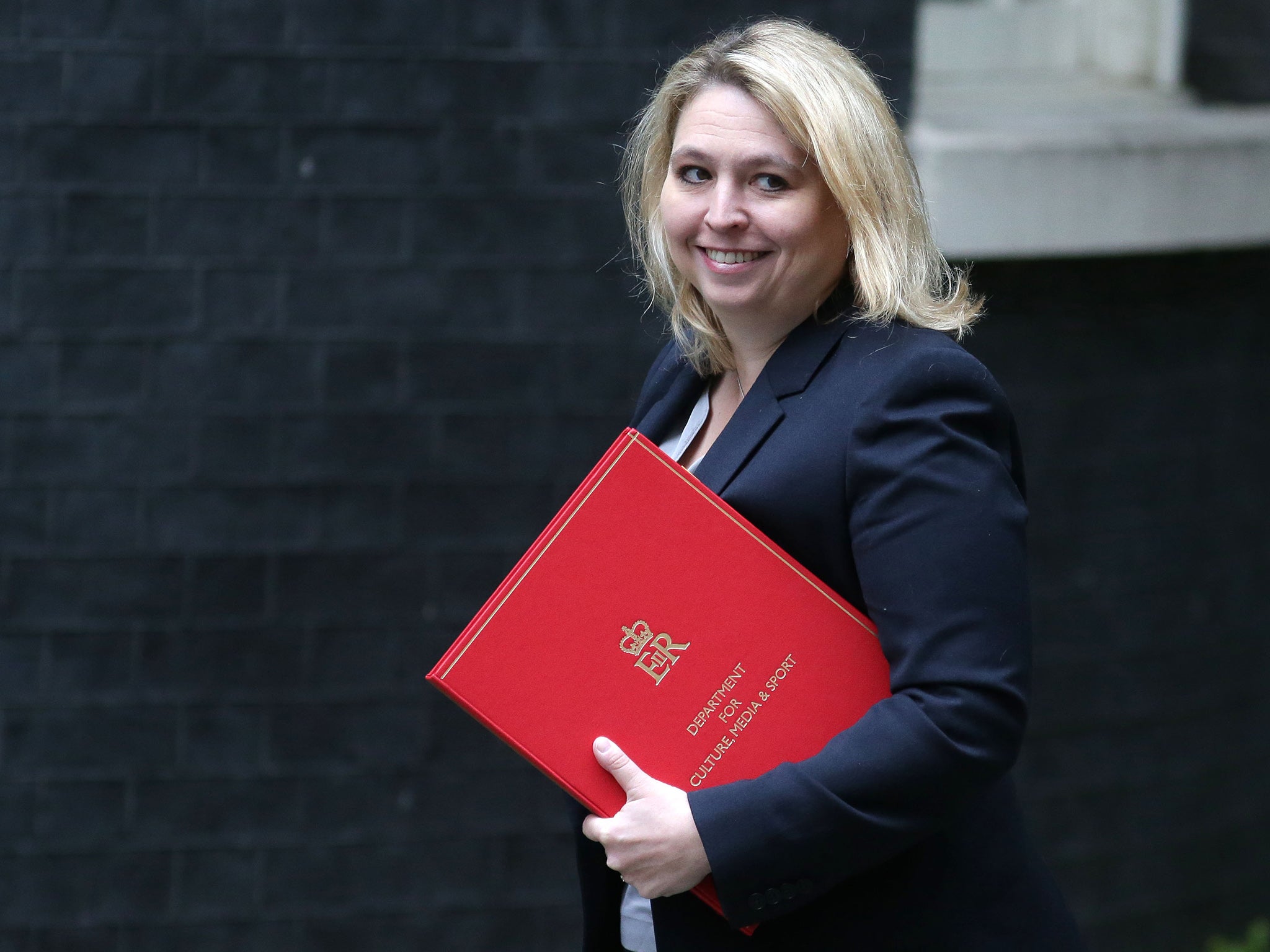Northern Ireland secretary admits she did not realise nationalists refuse to vote for unionist parties when she took job
'That's a very different world from the world I came from'

Your support helps us to tell the story
From reproductive rights to climate change to Big Tech, The Independent is on the ground when the story is developing. Whether it's investigating the financials of Elon Musk's pro-Trump PAC or producing our latest documentary, 'The A Word', which shines a light on the American women fighting for reproductive rights, we know how important it is to parse out the facts from the messaging.
At such a critical moment in US history, we need reporters on the ground. Your donation allows us to keep sending journalists to speak to both sides of the story.
The Independent is trusted by Americans across the entire political spectrum. And unlike many other quality news outlets, we choose not to lock Americans out of our reporting and analysis with paywalls. We believe quality journalism should be available to everyone, paid for by those who can afford it.
Your support makes all the difference.The Northern Ireland secretary has admitted she did not initially realise the country's nationalists did not vote for unionist parties in elections.
Karen Bradley said at the time of her appointment earlier this year, she did not understand campaigns were generally fought within each part of the community, rather than across it.
The surprising admission came in an interview with Parliament's own weekly magazine, The House.
"I didn't understand things like when elections are fought for example in Northern Ireland - people who are nationalists don't vote for unionist parties and vice-versa," she said.
"So, the parties fight for election within their own community.
"Actually, the unionist parties fight the elections against each other in unionist communities and nationalists in nationalist communities."
She also said she did not fathom some of the deep-rooted issues which define Northern Irish politics.
"That's a very different world from the world I came from, where in Staffordshire Moorlands I was fighting a Labour-held seat as a Conservative politician and I was trying to put forward why you would want to switch from voting Labour to voting Conservative.
"That is so incredibly different and it's when you realise that, and you see that, that you can then start to understand some of the things that the politicians say and some of the rhetoric."
Ms Bradley was appointed in January after her predecessor James Brokenshire stepped aside for medical reasons.
Often the battle for seats at election time in Northern Ireland is between Sinn Fein and the Social Democratic and Labour Party (SDLP) or the Democratic Unionists, Ulster Unionists and smaller unionist parties.
The cross-community Alliance Party has made gains in some areas like Belfast in recent times.
It holds the balance of power between the two communities in Belfast City Council.
Former Ulster Unionist leader Mike Nesbitt stepped down following a disappointing 2017 Assembly election.
His call for unionist electors to support the SDLP in proportional representation elections and vice-versa as an alternative to the DUP or Sinn Fein backfired as a number of senior party figures lost their seats.
At the time he said: "I'm also the one who said this should be Northern Ireland's first post-sectarian election based on the economy and education and health and housing and that I had a different vision, but the electorate disagreed."
Ms Bradley also used her interview in the parliamentary magazine to slap down Brexit backers, including Boris Johnson, who claim the border issue is being used as an excuse for the lack of progress in EU withdrawal talks.
She suggested Mr Johnson and former Brexit secretary David Davis did not understand the issues facing Northern Irish businesses, and said it would be "madness" to leave the EU on World Trade Organisation terms.
"I think they need to come and meet some of the businesses and people that I speak to and come and see it for themselves."
Ms Bradley said that people in Northern Ireland feel "slightly offended" at the way the border issue was being discussed.
"To say, 'Oh, this is the Northern Ireland tail wagging the Brexit dog'. Well, what if it was Norfolk we were talking about?" she asked.
"How would people feel then, if it was something that was being done to work for Norfolk?"
Additional reporting by PA
Join our commenting forum
Join thought-provoking conversations, follow other Independent readers and see their replies
0Comments